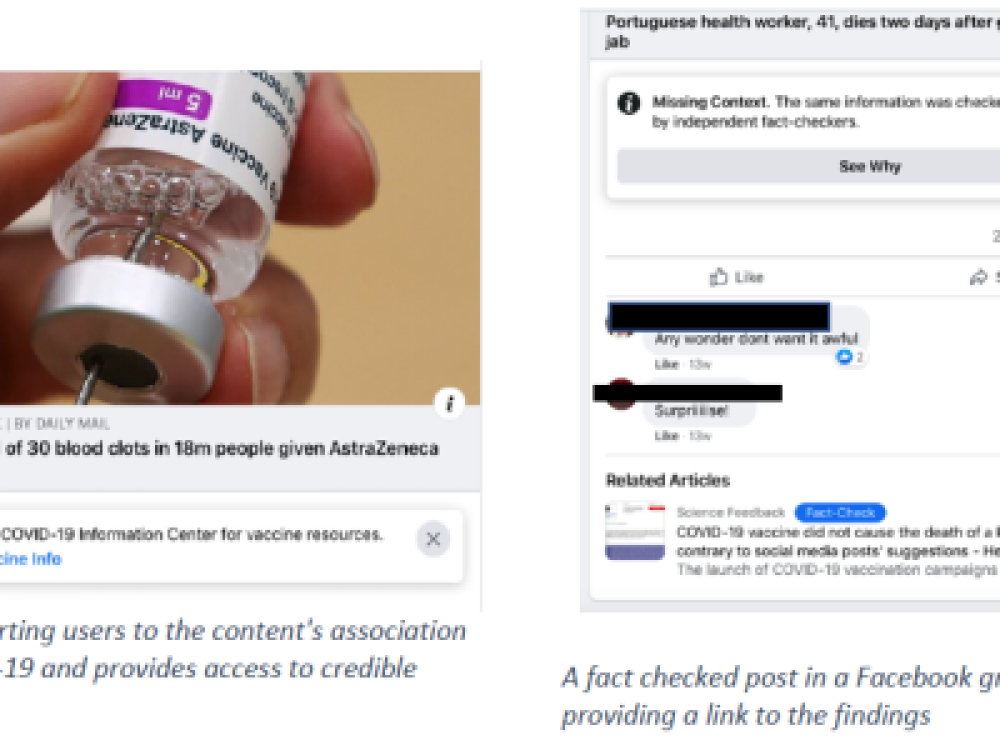Researchers at New York University’s (NYU) Ad Observatory project have accused Facebook of trying to silence independent research after the social media giant disabled the accounts, apps, pages, and platform access associated with the project. In a blog post explaining the move, Facebook accused the project of violating its Terms of Service by “using unauthorized means to access and collect data from Facebook”.
Ad Observer is a browser extension created by the NYU team to increase transparency around political advertising. It invites Facebook users to voluntarily contribute the ads they're shown on Facebook and the associated targeting information. This data is normally only accessible to individual users when they choose to click on the ‘Why am I seeing this ad?’ prompt. In the absence of full transparency from Facebook, data from the Ad Observer has helped researchers and journalists better understand how online political adverts and disinformation are used to target voters.
According to Facebook, Ad Observer compromised user privacy because it “also collected data about Facebook users who did not install it or consent to the collection”. However, Mozilla, which recommends Ad Observer as an extension on its Firefox browser, has rejected this claim. Mozilla says it conducted an in-depth design review of Ad Observer and is confident that it only collects ads, targeting parameters, and the metadata associated with the ads.
Researchers and campaigners have long complained about the lack of transparency surrounding online political advertising and the lack of useful data from social media platforms. Facebook does make certain data sets available to researchers and claims to welcome research that holds them accountable. Following controversies surrounding the 2016 US presidential election, Facebook and other major platforms created public archives of the paid adverts that run on their platforms. However, the information provided is insufficient to understand the dynamics of online advertising.
In 2019, a FuJo analysis found that the platforms provided information about the age, gender and location of targeted voters. Yet, advertisers could avail of a much more detailed set of characteristics including personal interests and affiliations. The NYU team maintains that rather than being transparent, “the data is structured to answer only questions that it appears Facebook wants asked.” Laura Edelson, co-creator of Ad Observer, has said that while she applauds the steps that Facebook has taken to share data with researchers, the type of research that her team is attempting to conduct is not possible given the current restrictions that the platform has in place.
Laws such as the European Union’s GDPR were introduced to protect individuals against the sharing of personal information. Facebook now appears to be using these concerns about privacy as an argument against NYU’s research. Yet, the social media companies themselves are actively engaged in selling information about your usage patterns.
The crux of the matter is that Facebook is an advertising company, but political advertising must be transparent in a democracy. Ad sales enabled Facebook to earn $26.17 billion in the first quarter of this year alone.
Late last year, the European Commission launched the Digital Services Act, which will require platforms to disclose information about all advertising. In Ireland, the long-awaited Electoral Commission will introduce new rules for online political advertising. Under current proposals, all paid-for online adverts will be required to have a ‘transparency notice’ that states whether microtargeting or ‘lookalike’ target audiences were used and, if so, which criteria were used to define the intended audience. This is the kind of information the NYU researchers were trying to gather.




